Safari Rally: The World Rally Championship has returned to Africa
The World Rally Championship (WRC) returned to Kenya last week after a 19-year hiatus from the continent, giving Kenyans a nostalgic experience in the country’s first major international sports competition since the beginning of the Covid-19 pandemic.
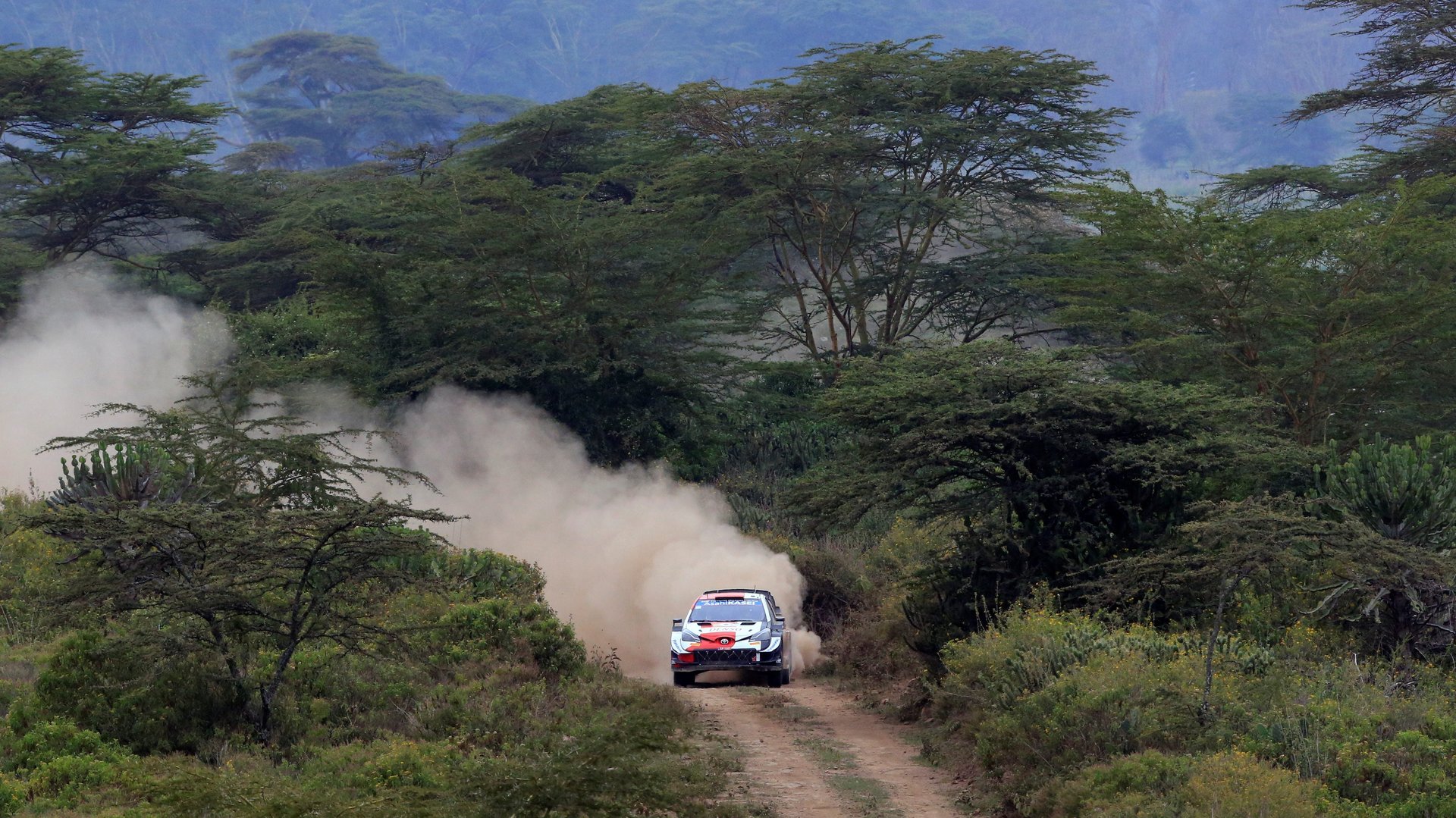

The World Rally Championship (WRC) returned to Kenya last week after a 19-year hiatus from the continent, giving Kenyans a nostalgic experience in the country’s first major international sports competition since the beginning of the Covid-19 pandemic.
The Safari Rally has for decades been a much-loved, adventurous part of Kenya’s history, as Kenyans watch local and foreign drivers fight it out in an epic and grueling battle on long, dusty, rocky roads in picturesque scenery with wildlife freely roaming across the terrain. It’s the only African round in the WRC calendar and one of a few global motor racing events that have historically taken place on the continent. One is the Dakar Rally, which after almost three decades was moved out of the continent in 2008 due to terror threats in Mauritania. Another is the South African Grand Prix, which was part of the Formula One circuit until 1993 when it was discontinued due to financial problems.
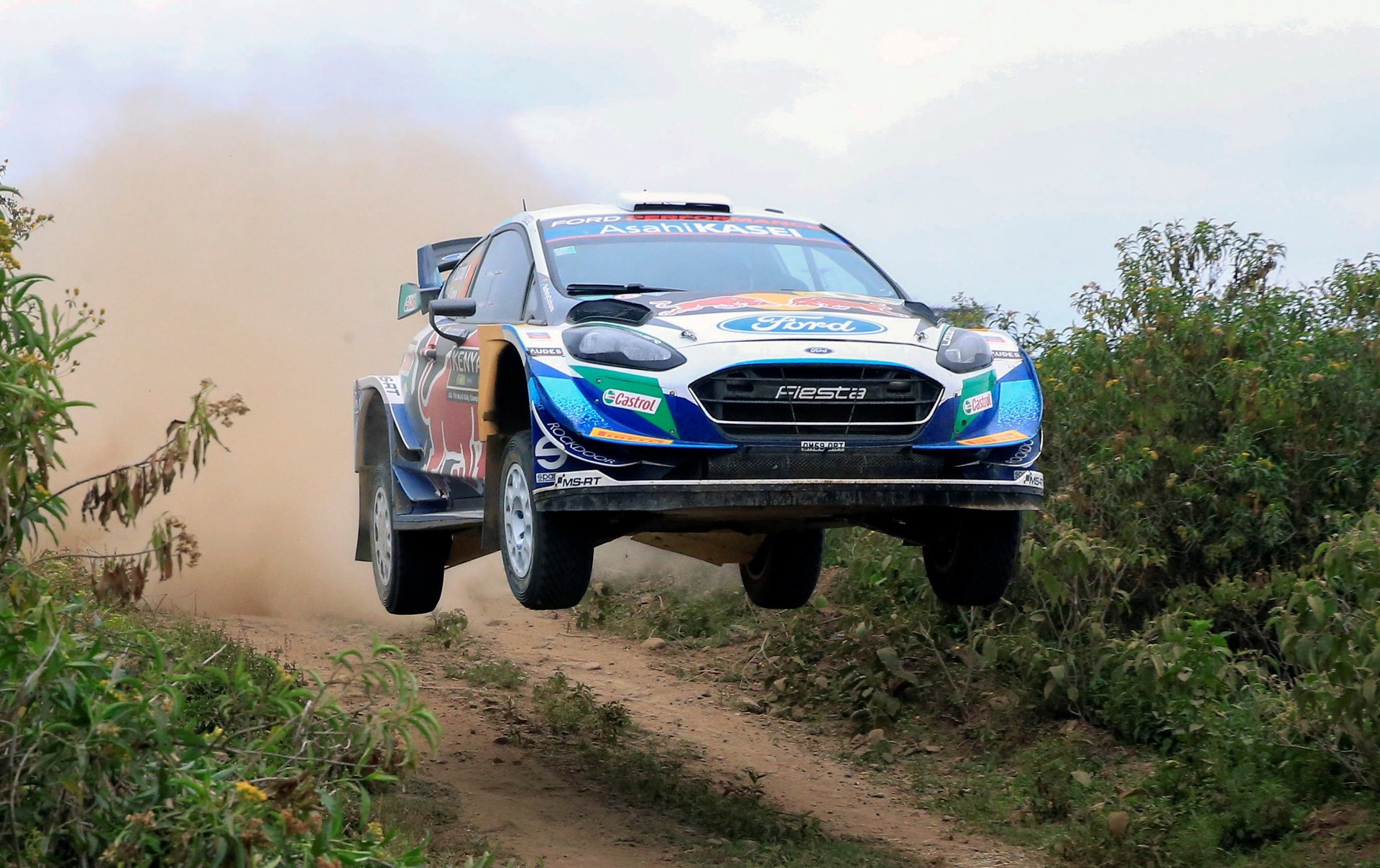
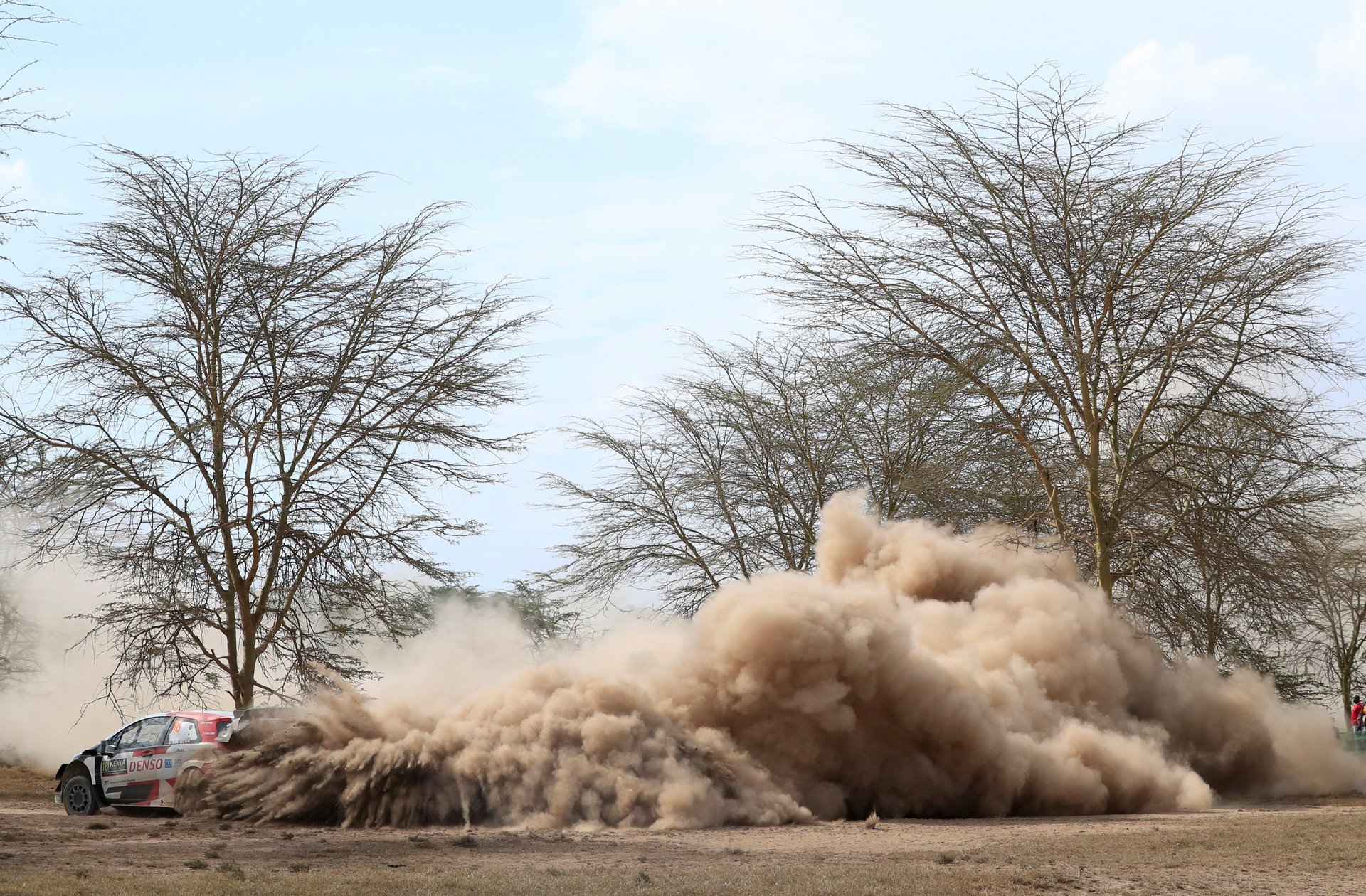
The history of the Safari Rally
Considered one of the toughest races in the world, the Safari Rally was first held in 1953 and it became part of the WRC in 1973. But it was removed from the WRC calendar in 2002 after local organizers failed to meet their obligations to Federation Internationale de l’Automobile (FIA), the governing body of motor sport, which licenses the WRC. The Safari Rally was set to return to the WRC last year but this was postponed due to the Covid-19 pandemic.
From June 24 to 27, fans were treated to an exhilarating 18-stage race of breathtaking speed covering almost 200 miles. Thousands of fans traveled to camp in the Rift Valley town of Naivasha, the competition’s finish point, causing standstill traffic along the way.
Local and international drivers shone in the Safari Rally
In the end, French driver Sébastien Ogier, driving a Toyota Yaris, emerged the winner. Onkar Rai, in a Volkswagen Polo GTI R5, was the best-placed local driver, in seventh position. The Safari Rally was the sixth round of this year’s WRC and there are six more to go.
At the presentation ceremony, president Uhuru Kenyatta announced that the Safari Rally will continue being part of the WRC until 2026.
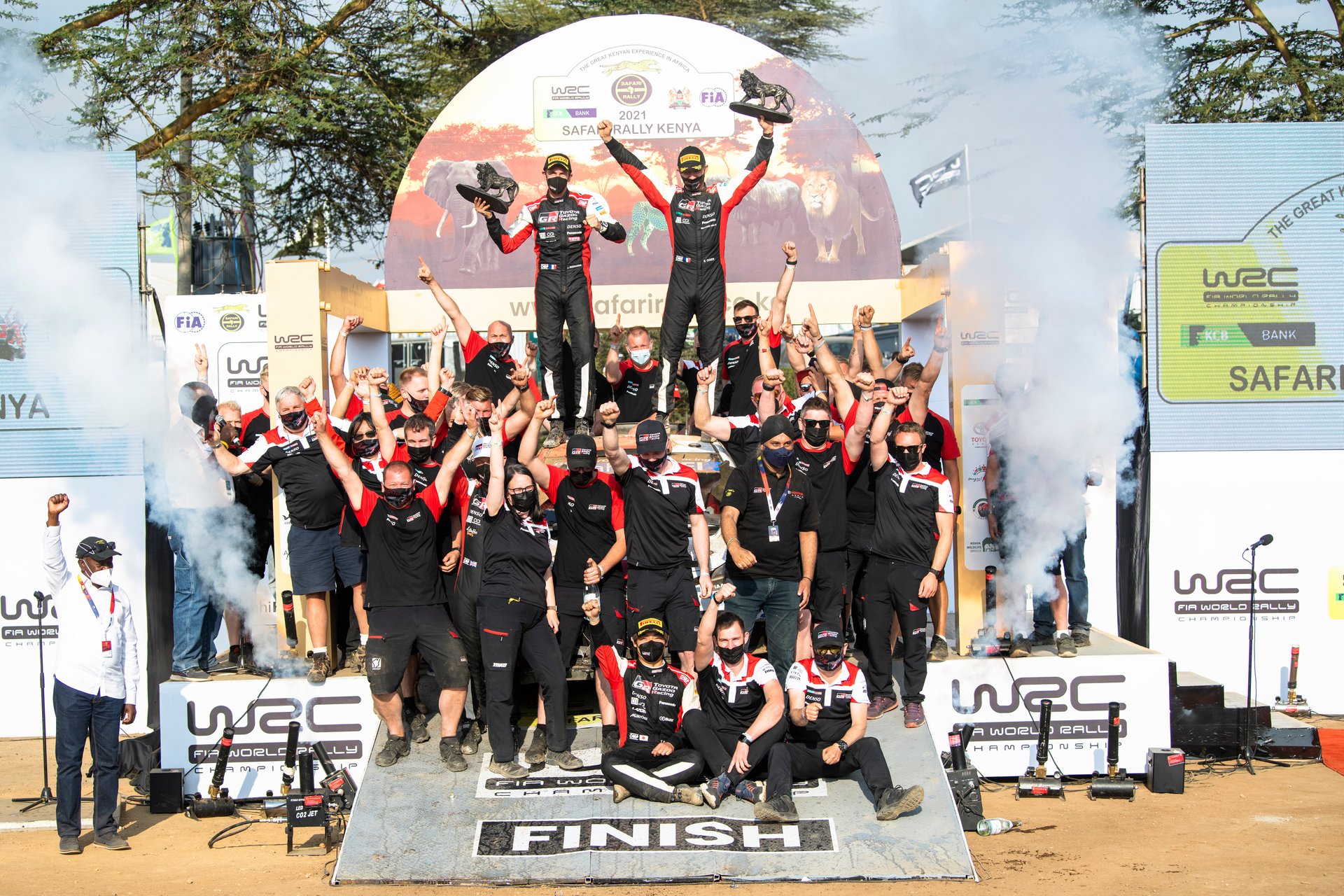
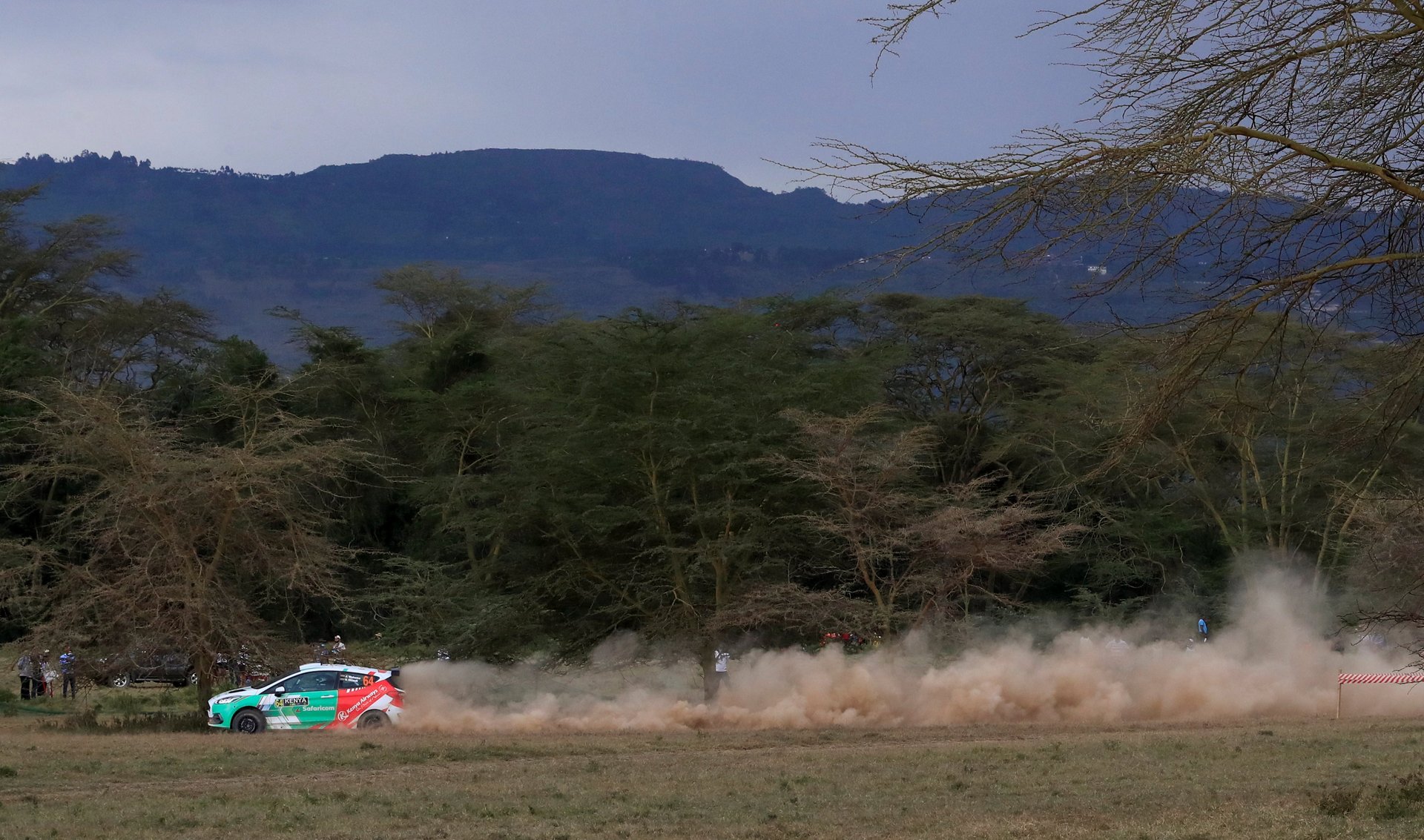
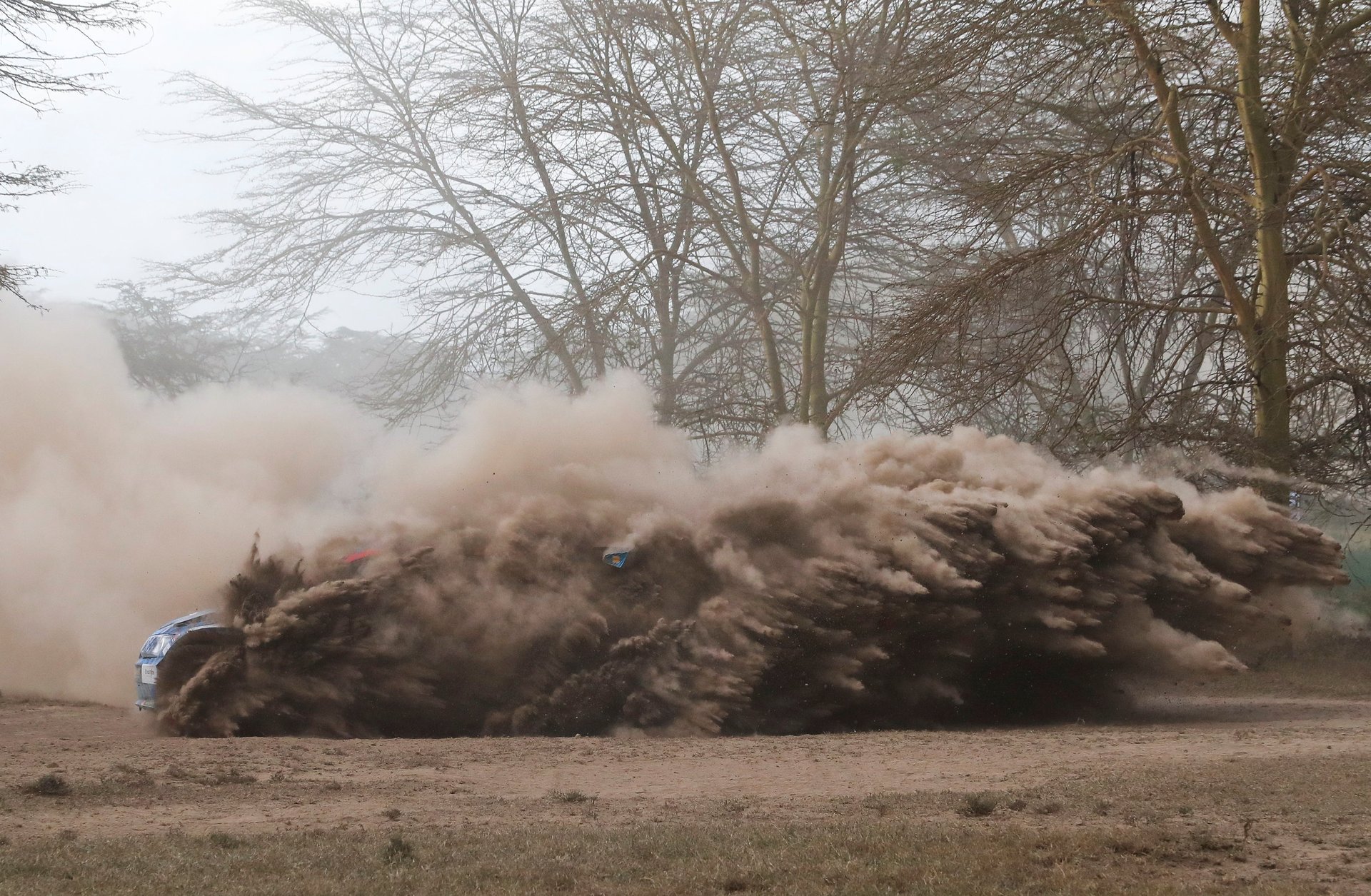
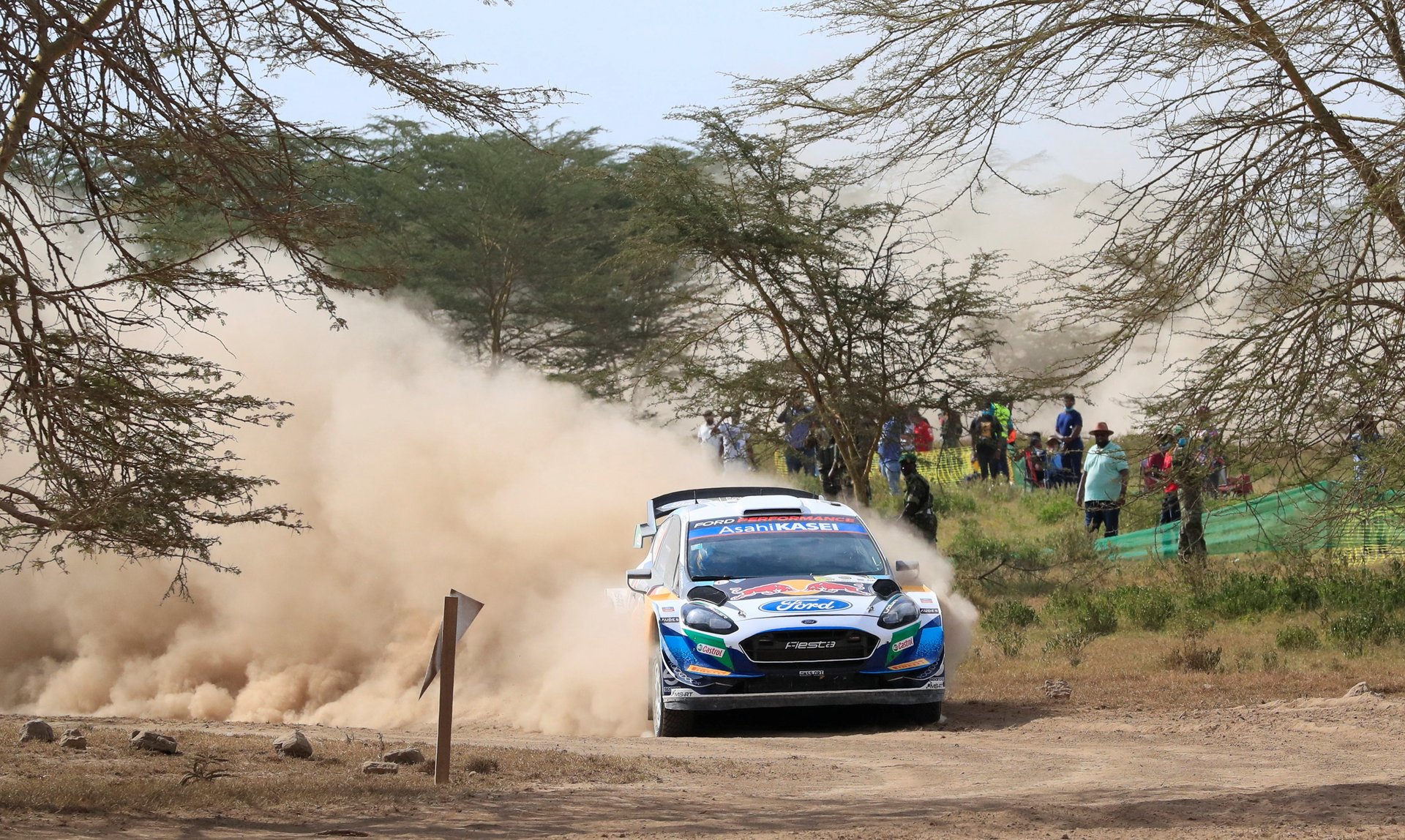
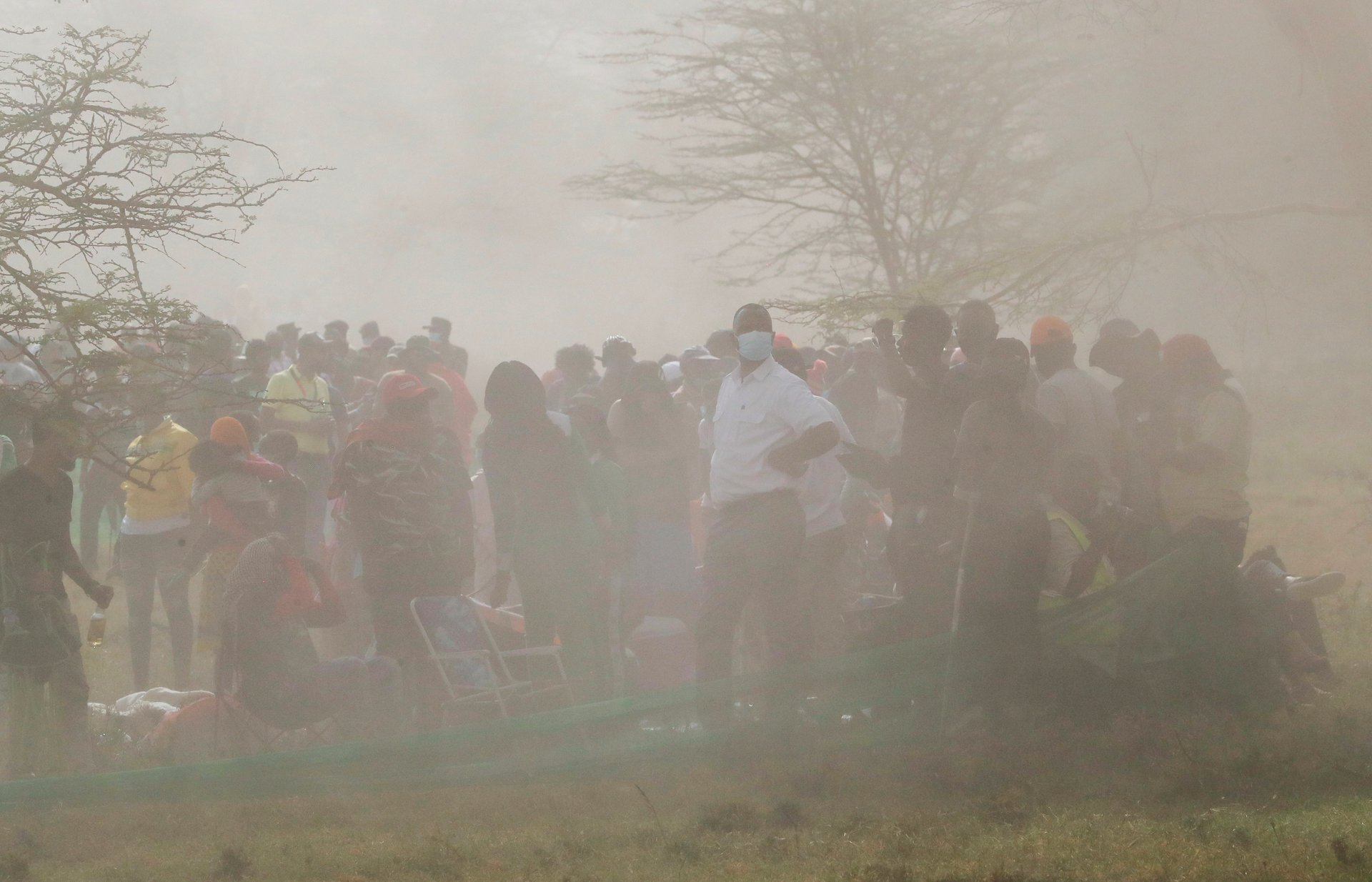

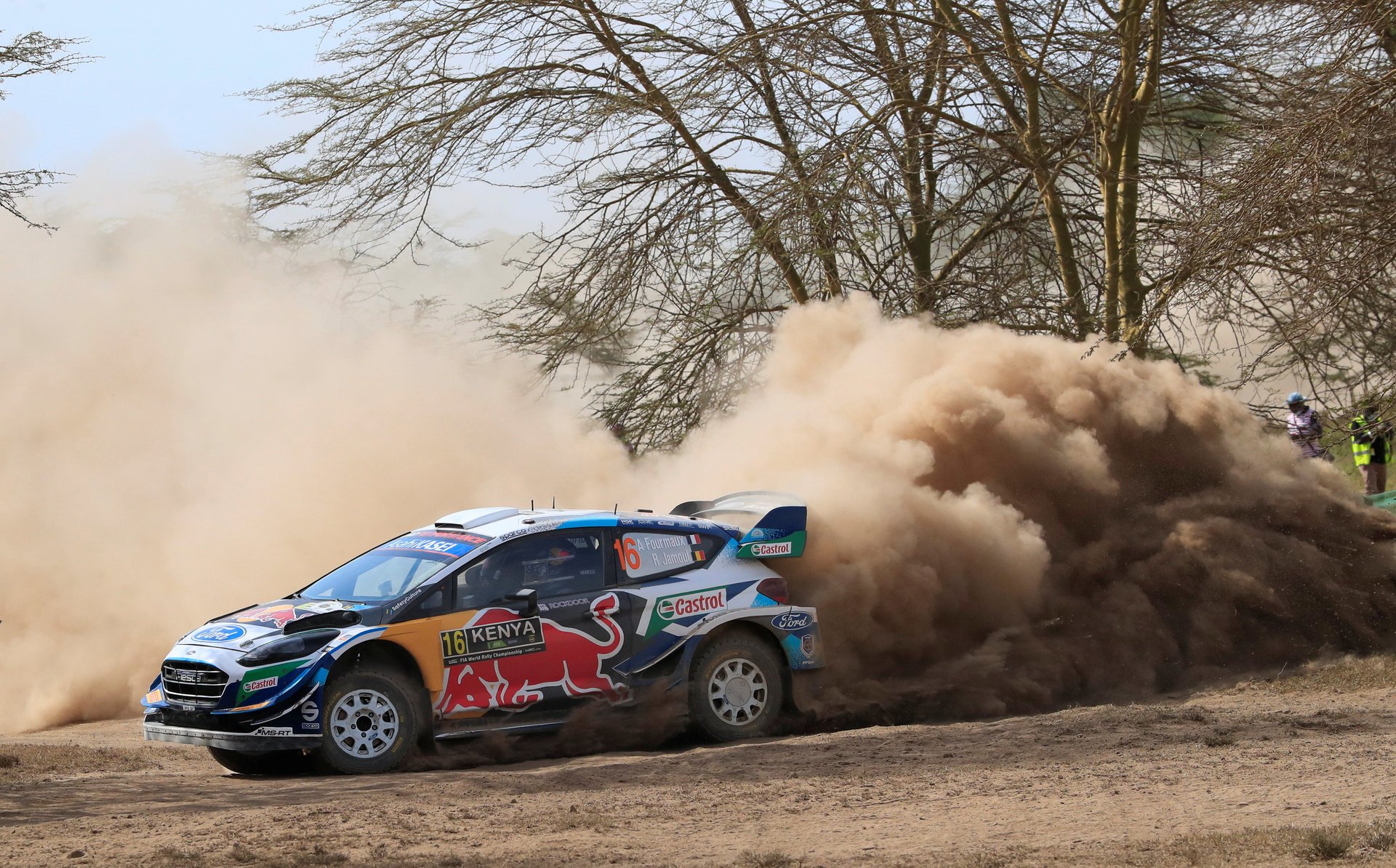
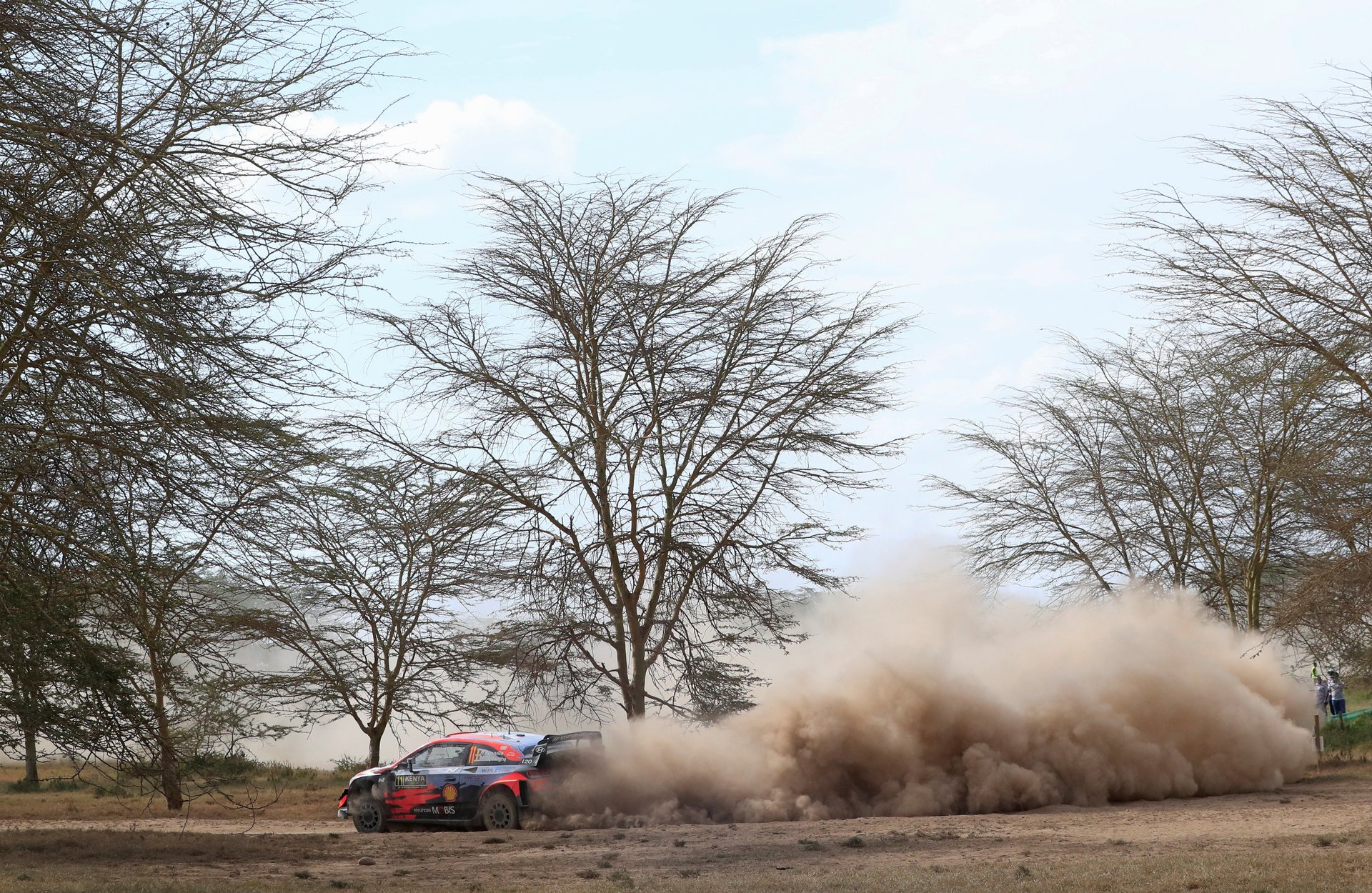
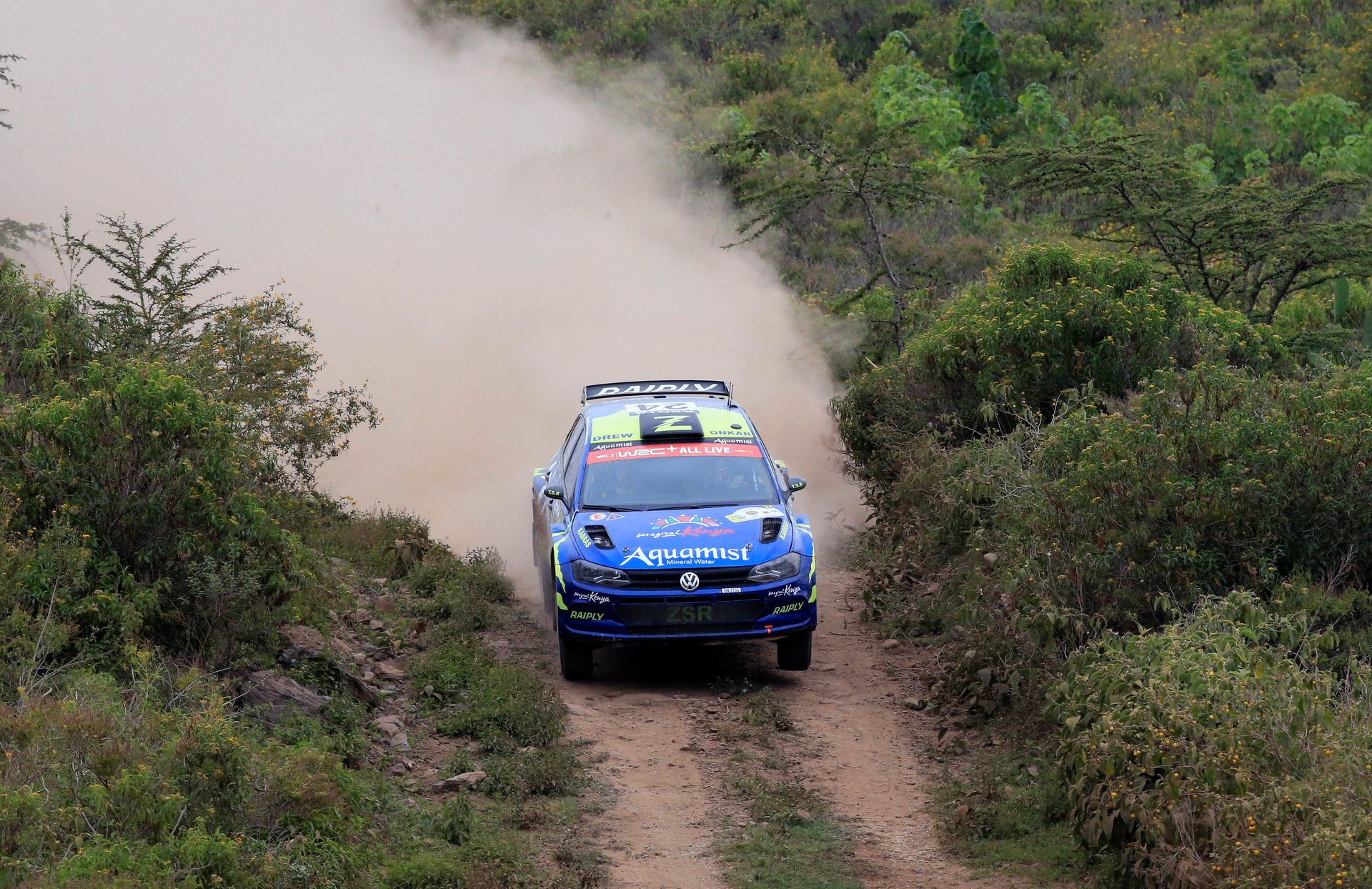
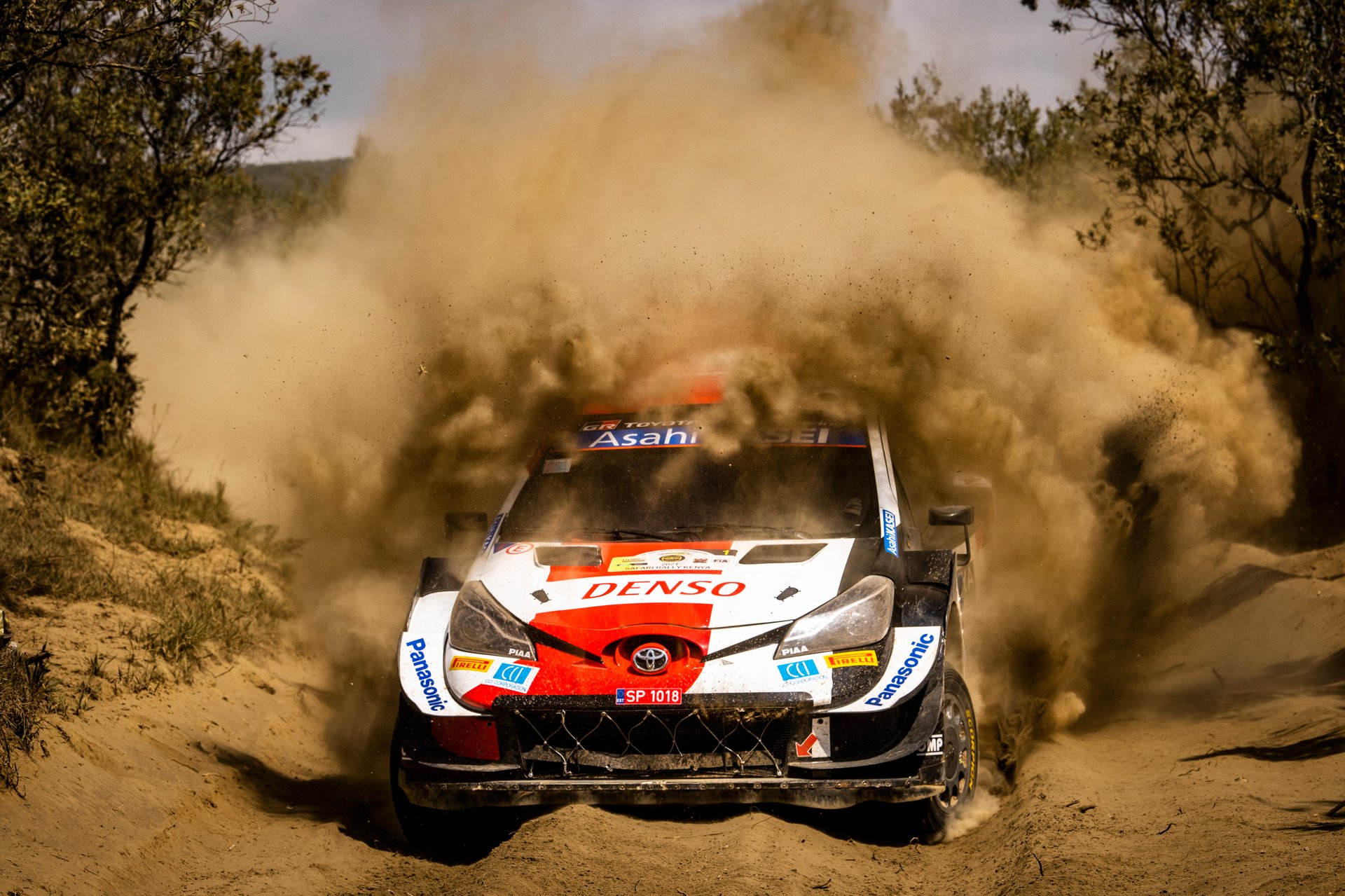
Sign up to the Quartz Africa Weekly Brief here for news and analysis on African business, tech, and innovation in your inbox.